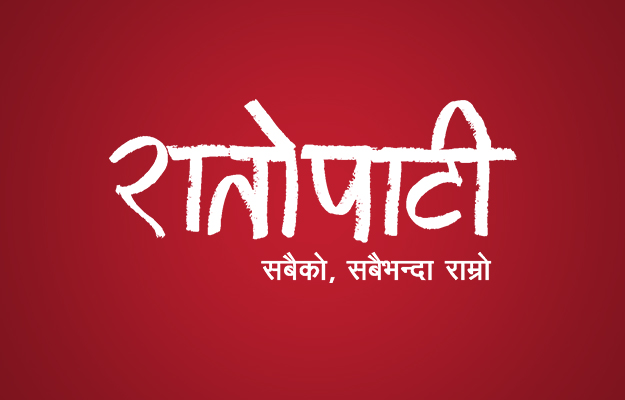Losing command of four govts, UML now in opposition bench in all provinces

KATHMANDU: The CPN-UML, which once led the government in four provinces after the 2017 elections for provincial assemblies, lost the command of all the governments on Monday afternoon.
After a successful election campaign forming the leftist alliance with the CPN (Maoist Center), the UML had emerged as the largest party in all provinces except in Province 2.
Following the elections, UML led the federal government and four provincial governments.
UML’s Sher Dhan Rai in Province 1, Dormani Poudel in Bagmati, Prithvi Subba Gurung in Gandaki and Shankar Pokharel in Lumbini led the charge of their respective provincial governments.
However, soon after the invalidation of the Nepal Communist Party (NCP) and the split of the UML, the party started losing charge of the provincial governments.
It is to be noted that the NCP, which was formed after a merger deal between the UML and the Maoist Center, was declared invalid by the Supreme Court’s March 7 order.
First blow
Prithvi Subba Gurung was the first to suffer the NCP split. He was ousted as he lost the confidence motion on June 10.
Gurung, who should garner at least 31 votes to win the trust motion in the 60-member provincial assembly, received only 27 votes. Thirty other members voted against him, while one member opted to stay neutral. Similarly, one other member abstained from voting.
Following Gurung’s departure, the five-party alliance comprising the CPN (US), Nepali Congress (NC), CPN (Maoist Center), Janata Samajbadi Party (JSP) and Rastriya Janamorcha formed a coalition government under the leadership of NC’s Krishna Chandra Nepali Pokharel.
Second loss
Shankar Pokharel, a close confidant of UML Chairman KP Sharma Oli, was the second UML chief minister to be ousted as the executive chief of the provincial government. Pokharel resigned as the chief minister of Lumbini Province on August 11 hours before the provincial assembly was scheduled to vote on his confidence motion.
Maoist Center’s Kul Prasad KC took the helm of the government a day after his predecessor’s resignation. KC, who is leading the coalition government, won the trust vote on August 23 as 42 lawmakers of the 80-member strong provincial assembly voted in favor of him.
Two collapses in Bagmati
UML got its sitting Bagmati CM Dormani Poudel to resign and Ashta Laxmi Shakya to succeed him [Poudel] on August 18 in a bid to avert the party split. Shakya was said to be close to UML’s then-senior leader Madhav Kumar Nepal. Nepal later formed a new party named CPN (Unified Socialist).
CM Shakya, too, resigned ahead of voting on the trust motion on October 27 paving the way for Rajendra Pandey, the parliamentary party leader of the CPN (US) to lead the provincial government. Pandey, who had once been considered close to Shakya, has been backed by the five-party alliance. He was sworn in as the chief minister on October 28.
Latest blow
UML’s last government to collapse on Monday was Province 1 led by Bhim Acharya who was sworn in just a couple of months ago on August 30. His predecessor, Sherdhan Rai, who also belongs to the UML, stepped down and proposed him as the party’s parliamentary leader and chief minister of the province.
Acharya, too, in a similar fashion to that of Pokharel and Shakya tendered resignation hours before the provincial assembly decided on his trust motion, on November 1.
UML Chair KP Oli-led government also collapsed on July 12 as the Supreme Court (SC) dismissed the second House dissolution move recommended by the government. The SC issued a mandamus order to appoint NC’s President Sher Bahadur Deuba as the new prime minister within 24 hours.













Leave Comment